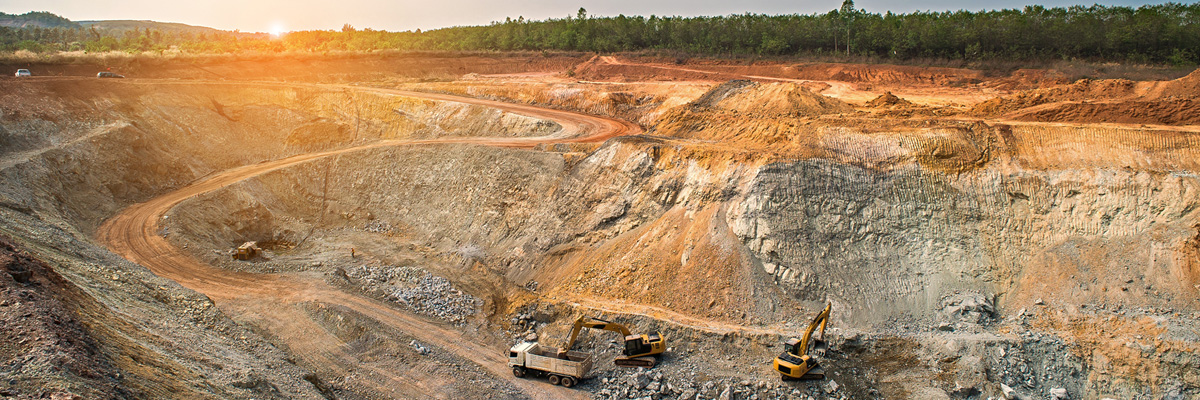Responsible Minerals Procurement

Promotion of Responsible Minerals Procurement
In July 2010, The Dodd Frank Wall Street Reform Act was established in the U.S. Four minerals (gold, tantalum, tin and tungsten) which are mined in the Democratic Republic of Congo and adjoining countries (DRC countries) are designated as "conflict minerals" in Section 1502 of the Act, and obliges American listed companies to report use of the four minerals to the U.S. Securities and Exchange Commission (SEC).
The purpose of this Act is to cut off revenues from armed insurgents which execute anti-government activities and violate human rights.
In recent years, the issue of "conflict minerals" has been raised from the perspective of human rights violations such as child labor, abominable mining conditions, and environmental pollution in mining areas. The Responsible Minerals Initiative (RMI) has decided to add cobalt and mica to surveyed minerals, and the corporate social responsibility in minerals procurement is further increasing. Against this background, Nippon Chemi-Con Group has established a minerals procurement policy in accordance with the due diligence guidance of the OECD (Organization for Economic Co-operation and Development), and the basic policy is not to procure minerals that are related to conflicts and human rights violations.
Nippon Chemi-Con Group Initiatives
We have designated gold, tantalum, tin, tungsten, cobalt and mica as survey target minerals, and have established management for the target minerals contained in our products in accordance with the OECD due diligence guidance.
We have expanded the scope of risk to OECD Annex II and the scope area to CAHRAs (Conflict-Affected and High-Risk Areas), and ask for our suppliers to promote procurement from RMAP conformant smelters who have been proven to be unrelated to armed groups and human rights violations in annual surveys.
If risk assessments in annual surveys are to show that our suppliers procure materials from high-risk smelters, we will work with the supplier to improve the problem.
Collaboration With Industry Groups
As a member of the "Responsible Minerals Trade Working Group" by the Japan Electronics and Information Technology Industries Association (JEITA), we collect the latest trends and information. Furthermore, as a member of the "Education and PR Team" of the aforementioned group, we are proactively working on issues that are difficult to solve as an individual company such as awareness activities for responsible minerals procurement.

